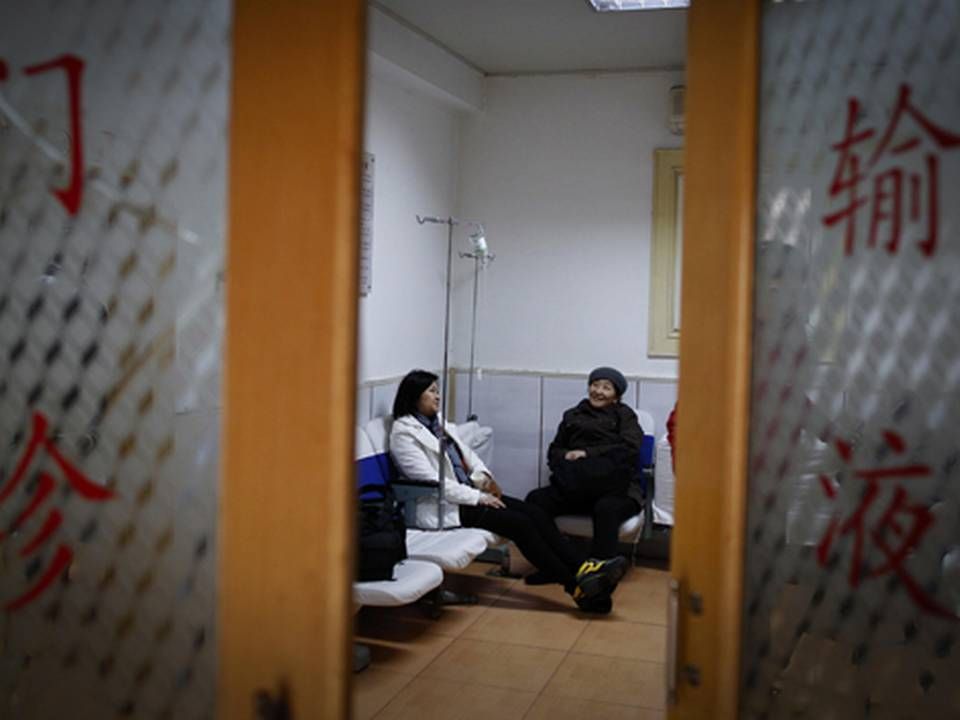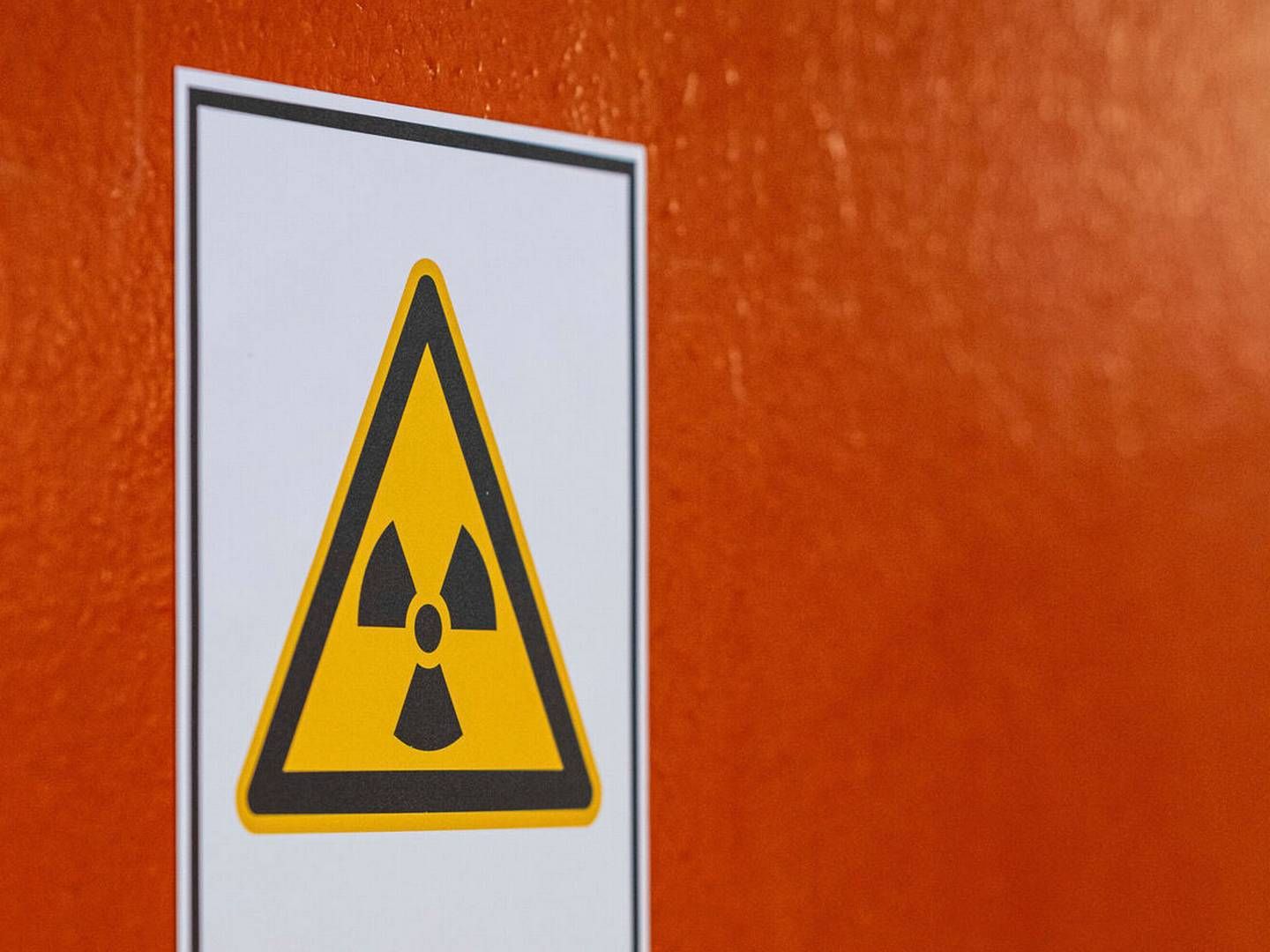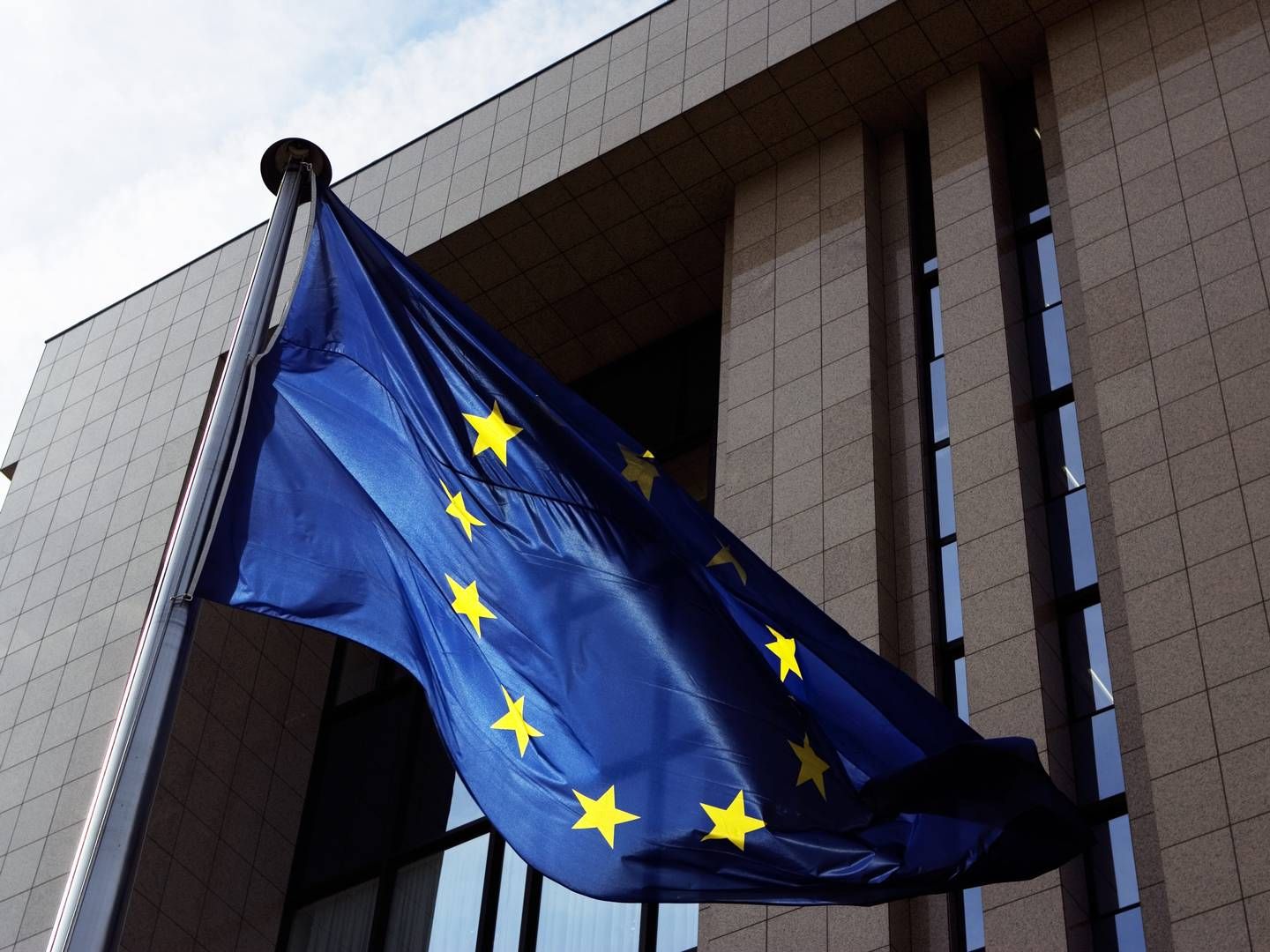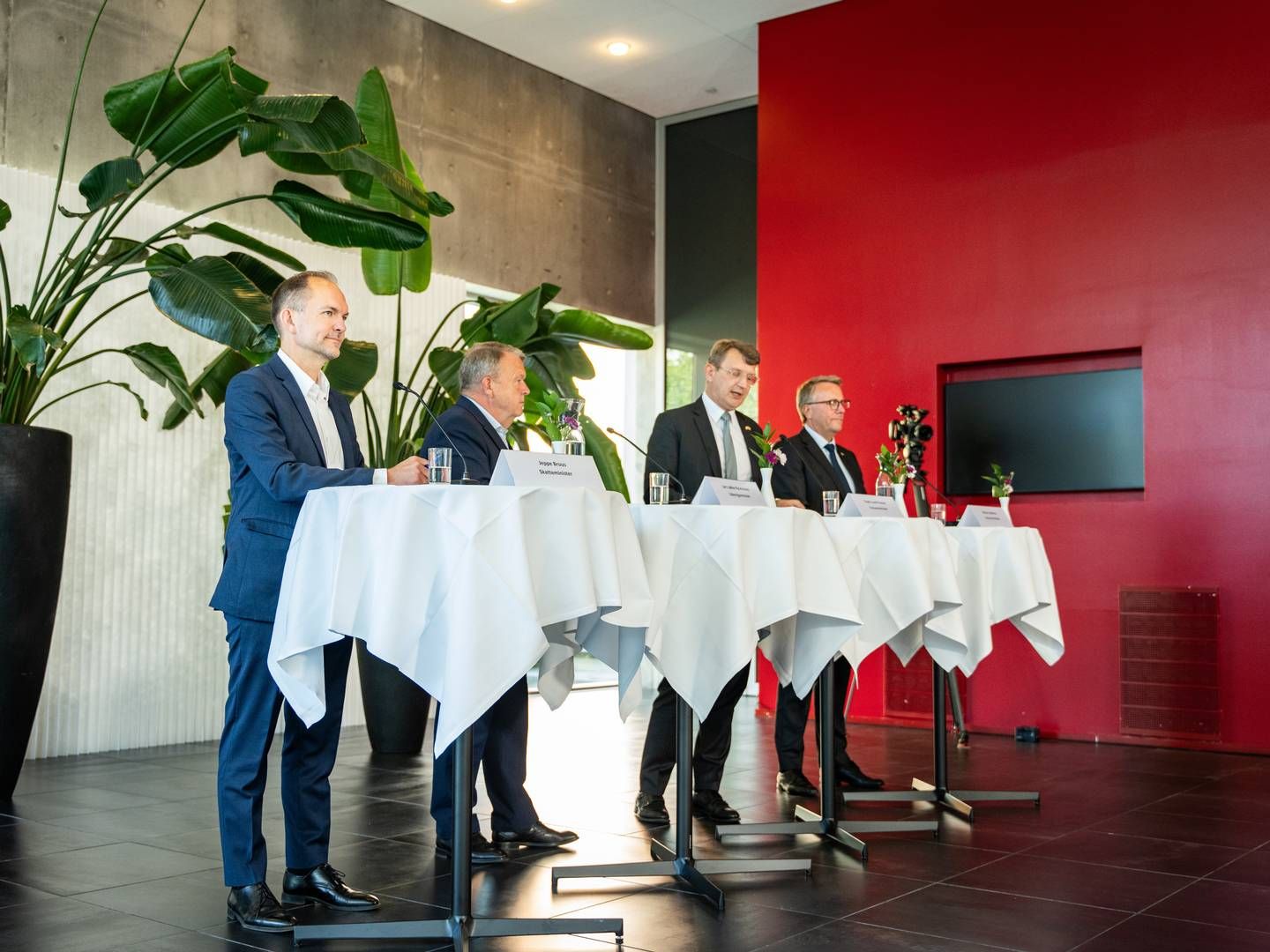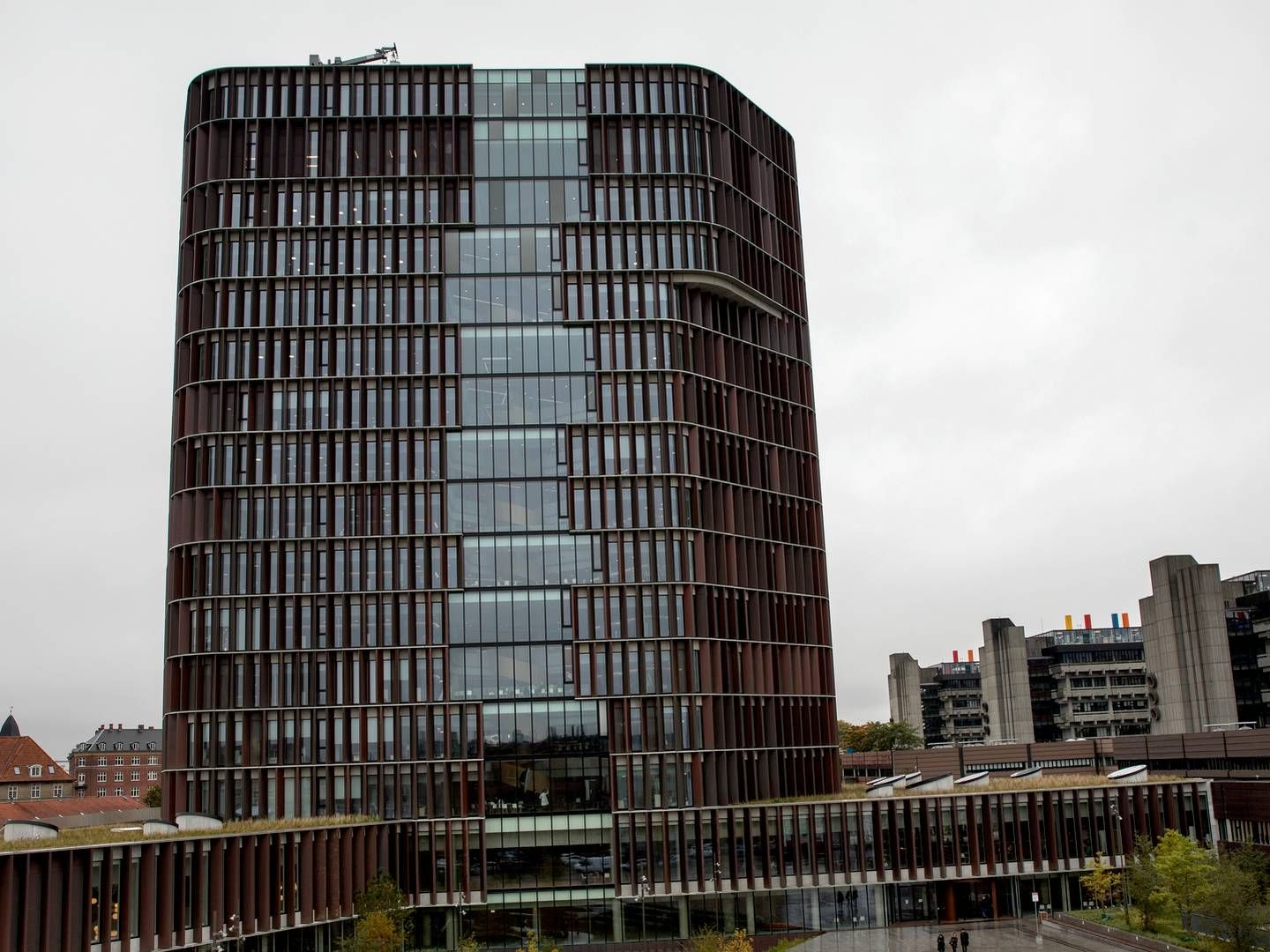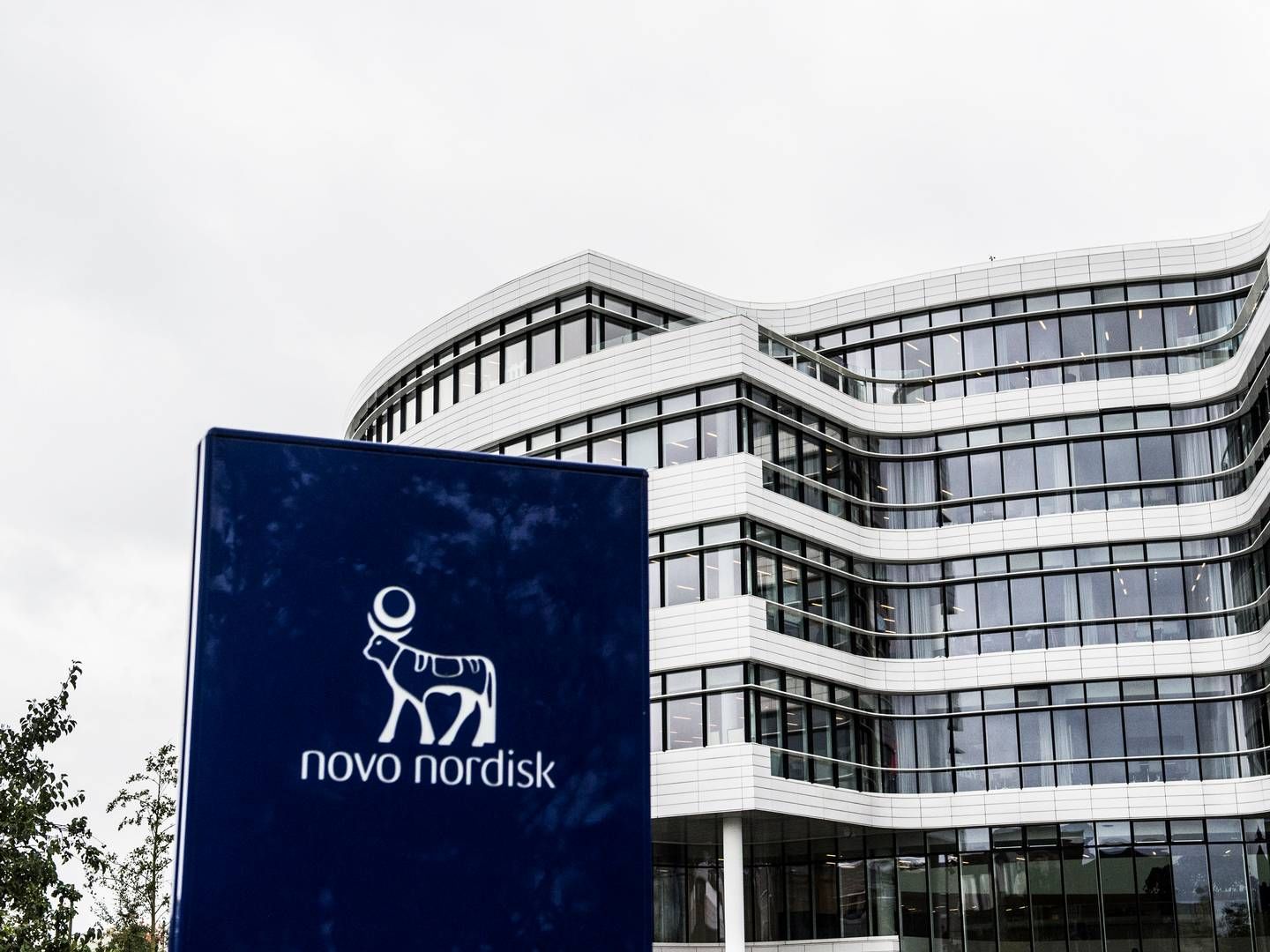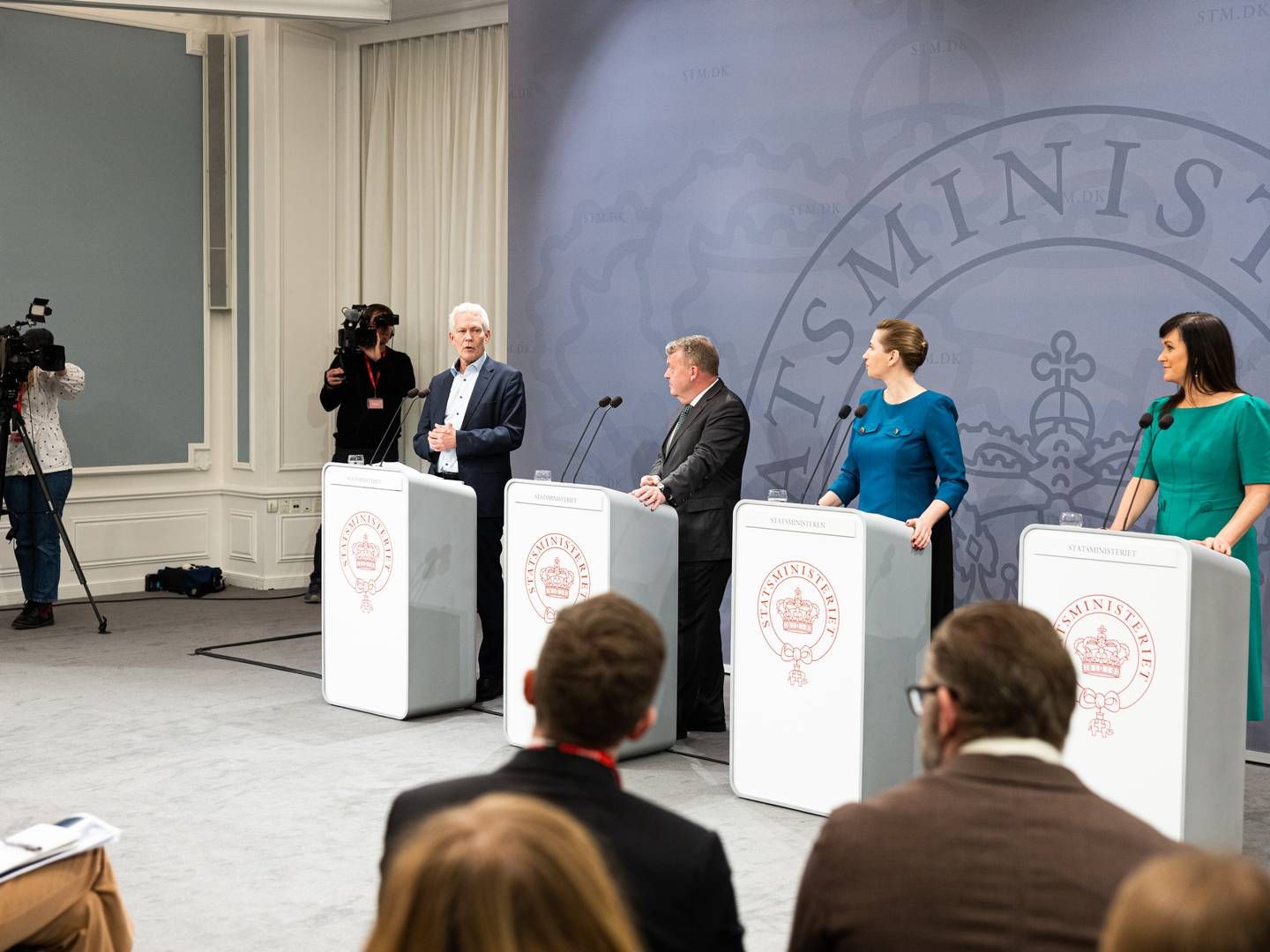Imagine……

Imagine a market of 1,3 billion people with one of the fastest economic growth rates in the world. Imagine a market where the access to and efficiency of the public health care has been eroded by the last 30 year’s liberalization, and where one of the biggest concerns of the central government is to demonstrate to the entire population that access to a well-functioning health care system, is something the government can assure equally for all citizens. Imagine a market which does not want yesterday’s technology but rather will go for latest technology if it has proven to be well-functioning and cost-efficient. And most importantly: Imagine a market which has the financial power to make all these ambitions come true. This market exists, it is called China, and by the end of this decade it will be the second biggest market in the world for Health Care products and services, - second only to the US.
China is entering into a very interesting period regarding their Health Sector. Following the Health Care Reform initiated in 2009, the 12th 5-year plan approved March 2011 integrates an extremely ambitious plan to upgrade the Chinese Health System, including the spending of more than 850 billion RMB over a three-year period in order to upgrade the Health Care system. The reform focuses on the following 6 issues:
Better healthcare infrastructure
Better healthcare services
Better medical insurance system
Better drug supply system
Reform of the public hospital system
Support the development of Traditional Chinese medicine
In short this includes everything from building hospitals for 1 million new beds, improving the health insurance to effectively cover all Chinese citizens, strengthening the use of Traditional Chinese Medicine, use of telemedicine and much more. Within the next few years we will know much more about how the statements of the 12th 5-year plan will be implemented in the subsequent 5-year plans for the different ministries and provinces, but it is beyond any doubt that China is only at the beginning of this dramatic development.
But there are fundamental structural issues to deal with for making this development coming true in China. While i.e. Denmark has a long tradition for using a competent structure of General Practitioners as “Gate Keepers” for patients before they are hospitalized, this system is almost absent in China where General Practitioners did not emerge until 1999, and still today are very scarce. Approaching a hospital directly, even if you suffer from a minor disease, is still the most usual approach in China, and this is very ineffective. As a consequence, part of the plan is to provide free scholarships to educate 10.000 new GP’s, re-educate 30.000 grass-root doctors, 120.000 Township Doctors and 460.000 Health Workers from village clinics to the GP level. Ambition is to reach 2 GP’s per 10.000 citizens.
Meanwhile, where we i.e. in Denmark almost see a pride in implementing numerous unique patient journal systems specific for individual hospitals rather than standardizing these, the tradition of implementing rational systems utilizing latest well-proven technology is typical of China much more than of Denmark. First-class highways, modern airports, high-speed bullet trains, extensive use of the internet etc. only demonstrates Chinas courage to adopt modern technology. When China makes a decision, China “goes for it”.
Where violation of Intellectual Property Rights (IPR) used to be in the top-five category of Danish companies concerns when entering the Chinese market, it no longer is so. China too is beginning to see the use of protecting the fruits of research and innovation in order to not be locked to the lowest and least profitable part of the production chain. This in turn is improving the conditions of defending IPR in China. According to recent surveys, main concerns of international companies operating in China are now variations in the local interpretation of laws, weak coordination and harmonization of standards, as well as the actual implementation of these.
Email: jenmot@um.dk
*Eksportrådet er den del af Udenrigsministeriet, som løser opgaver for private virksomheder inden for eksport, internationalisering og investeringsfremme.

